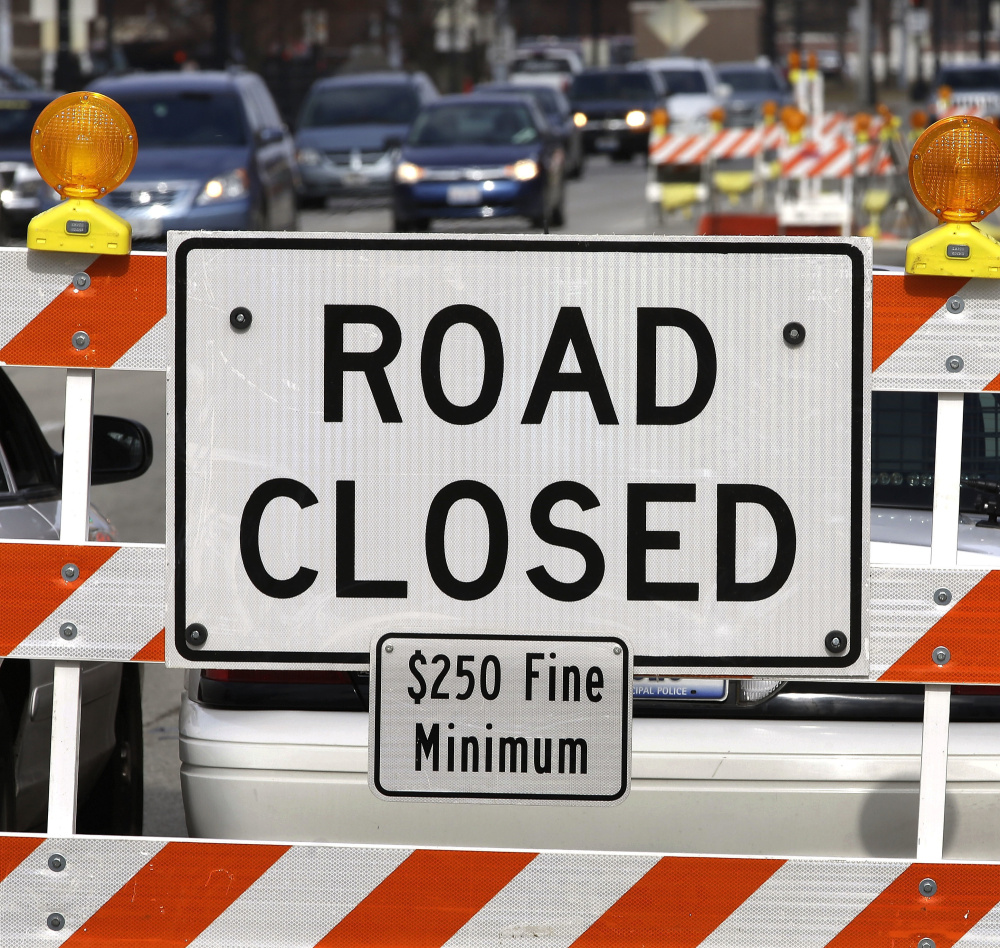After an autumn filled with rhetoric about spending like never before on roads, bridges and transit, the winter’s earnest work toward achieving that goal begins Wednesday on Capitol Hill in what may prove to be one of the few bipartisan endeavors of the Trump administration.
Matching campaign promises and beliefs long held by many lawmakers with the money to pay for them will be a neat trick, a collision between demands for budget austerity and the desire to infuse infrastructure with cash.
“We at the national level have to figure out how we’re going to make these investments, and now we have a president who is pounding on the table saying we’ve got to do it,” said House Transportation Committee Chairman Bill Shuster, R-Pa., who figures to become the first among equals in shaping the congressional road map.
He will begin the public process Wednesday with a hearing that draws together four CEOs whose corporations depend on the transportation system – FedEx, Cargill, BMW of North America and Vermeer – and AFL-CIO President Richard Trumka.
What to do about the country’s deteriorating infrastructure has been the subject of endless hand wringing and many a speech on Capitol Hill. Roads, bridges and transit systems – along with other networks like the electrical grid – are nearing the end of their natural lifetime and are beset by congestion and breakdowns.
Putting it all to rights would cost an estimated $3.7 trillion by 2020, money that was not easily found as federal debt mounted and many in Congress sought to shift much of the responsibility for infrastructure from Washington to the state level.
Even as the stars seem aligned for the Republican Party – a new president who says he plans to raise $1 trillion for infrastructure and whose party controls both houses of Congress – there is the immense challenge of setting priorities and, most significantly, finding the money.
“How do we solve it? I’m not sure yet,” Shuster said Monday. “We’ve talked about repatriation, people talk about the gas tax, people talk about tolling.”
He neither discounted nor embraced a proposal that emerged in the later stages of Trump’s campaign, one that would grant private investors an 82 percent tax credit if they put their money into infrastructure.
Send questions/comments to the editors.



Success. Please wait for the page to reload. If the page does not reload within 5 seconds, please refresh the page.
Enter your email and password to access comments.
Hi, to comment on stories you must . This profile is in addition to your subscription and website login.
Already have a commenting profile? .
Invalid username/password.
Please check your email to confirm and complete your registration.
Only subscribers are eligible to post comments. Please subscribe or login first for digital access. Here’s why.
Use the form below to reset your password. When you've submitted your account email, we will send an email with a reset code.